Talking Shop
In this talking shop episode, we reviewed two different writing tools. Ashley’s choice this month was The Elements of Style (4th Edition) by William Strunk Jr and E.B. White, and Sarah reviewed The Story Grid, with the book being written by Shawn Coyne, and the accompanying podcast produced by Shawn Coyne and Tim Grahl.
In our leisure reading time, Sarah talked about Everything I Never Told You by Celeste Ng, and Ashley discussed The King Must Die by Mary Renault.
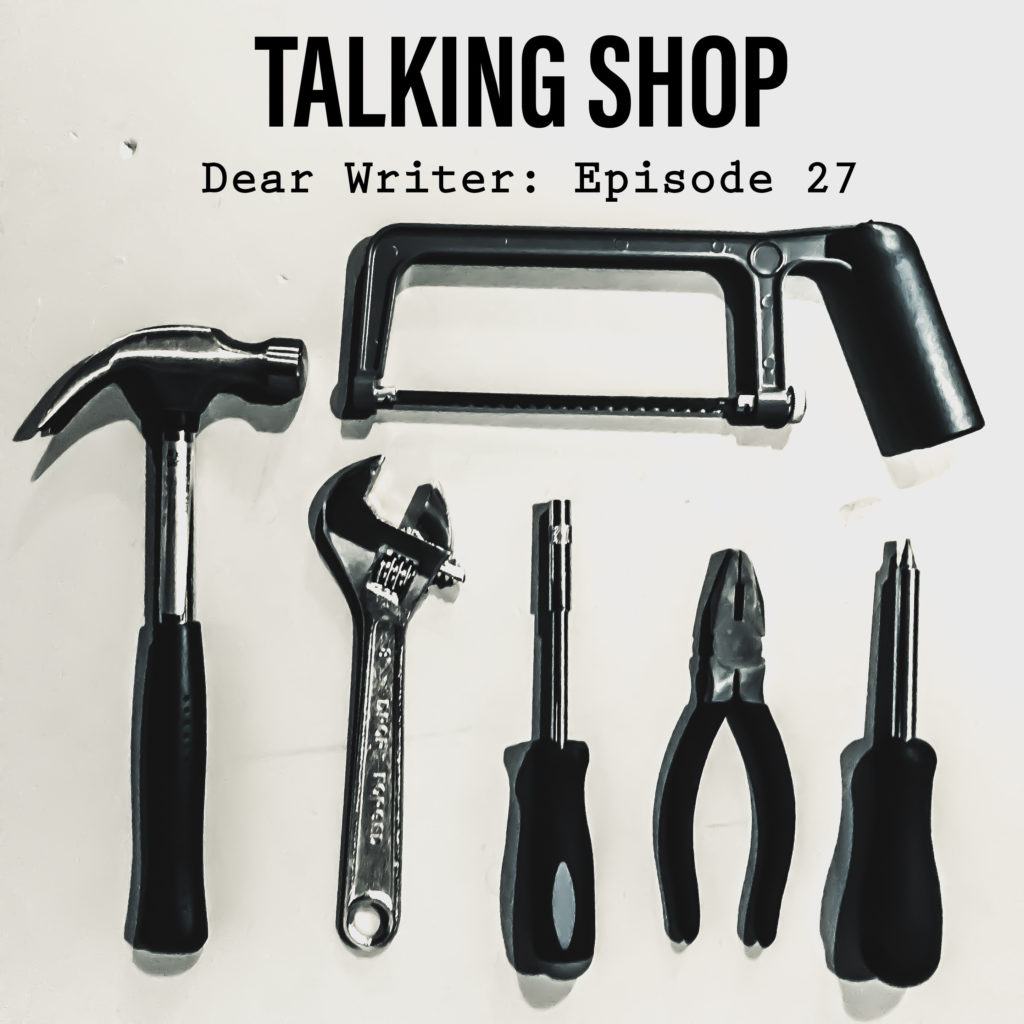
Episode Summary
We started by talking about the Story Grid. The book was originally produced as a tool to analyze books by Shawn Coyne who was a well-seasoned editor. We discussed the premise behind the Story Grid, and Sarah’s experience in using it to create a standalone YA Psychological Thriller. It helped to understand questions that editors ask of a book when reviewing it. In the Story Grid, Shawn Coyne posed the following basic questions which are useful to consider from an editor’s point of view:
- What’s the genre?
- What are the conventions and obligatory scenes of that Genre?
- What’s the Point of View?
- What are the objects of desire?
- What’s the controlling theme/idea?
- What’s the beginning hook, the middle build, and the ending payoff?
Beyond learning about genre conventions, story arcs, and obligatory scenes, the Story Grid provides a way to map your book and discover plot holes.
The Story Grid Podcast is produced by Tim Grahl and Shawn Coyne, and focusses on Tim’s journey to becoming a published author, utilizing The Story Grid and receiving coaching by Shawn to produce a quality product. It shows how the Story Grid can be applied and explains the concepts in greater detail than simply the book alone.
We continued by talking about The Elements of Style (4th ed.). Ashley found Strunk and White had produced a very concise and useful grammatical book. Though grammar books can at times be dry and tricky to get through, Ashley was able to read this book in a very acceptable timeframe and felt that it was well focused to the most common grammatical errors writers face. It was a great reminder of things that sometimes get left by the wayside.
Ashley found it helpful in bringing a few of her flaws to the forefront. She found especially helpful the following advice:
- Put statements in the positive form. Things like…not honest instead of dishonest. Did not have much confidence in instead of distrusted.
- Using the phrase ‘that fact that’. Ashley doesn’t use it too often, but she thinks Strunk’s description of using it is very apt.
The fact that is an especially debilitating expression. It should be revised out of every sentence in which it occurs.
E.g. instead of using ‘owing to the fact that’ it could be replaced with ‘since’. Or, instead of ‘in spite of the fact that’, you could simply use ‘though’. And, ‘call your attention to the fact that’ could be revised to ‘remind you’.
Another funny thing Ashley came across was the misuse of anybody (single word, in the sense of anybody) vs any body which means ‘any corpse’ or ‘any human form’. The rule holds true for everybody, nobody and somebody. Clearly, there is quite a distinction between the two!
In our ‘reading for fun’ section, Sarah discussed an audio book she’d been listening to; Everything I Never Told You by Celeste Ng. The book is about a teenage girl who dies and the surrounding impact to her family. It also dives into the reasons of why she died, which is a flow on effect from societal pressure to the family, as it’s centers around a mix-race Asian family set in the 50’s-70’s. While a well written book, Sarah suggests that it explores some very heavy topics of sexism and racism, and is definitely not a book for a lighthearted relaxed reading session!
Ashley has been reading within the genre of historical fiction in order to inspire and gain some understanding of the genre we are writing in. She chose The King Must Die by Mary Renault. It is written in a very literary style, and described as a bildungsroman following the adventures of the mythical king and founder of Athens, Theseus. Though undoubtedly a well written book, Ashley has been struggling with the extraordinary amount of detail in the world-building. While helpful to envision the scene, she finds it detracts from the plot. However, she emphasizes this is her personal opinion and we discussed the gradation of historical fiction, with some swinging more towards commercial historical fiction, and some written in a more literary style.









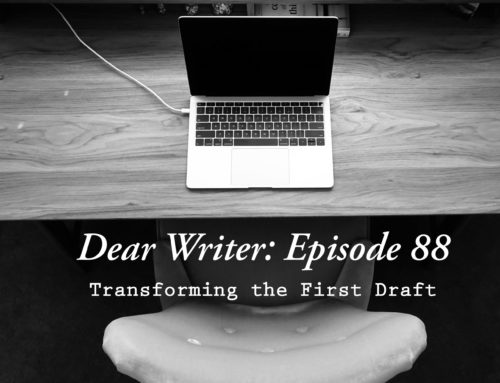







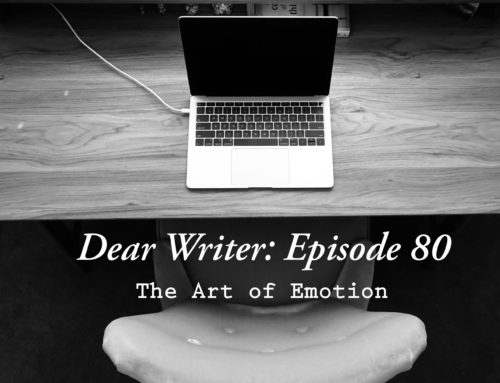
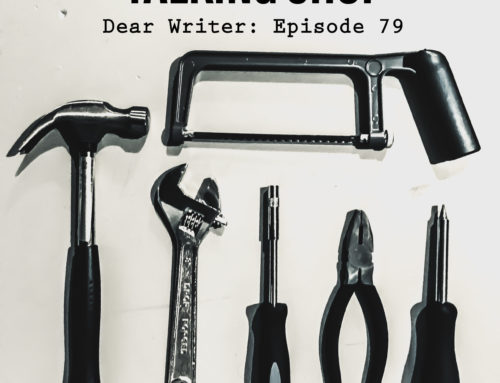
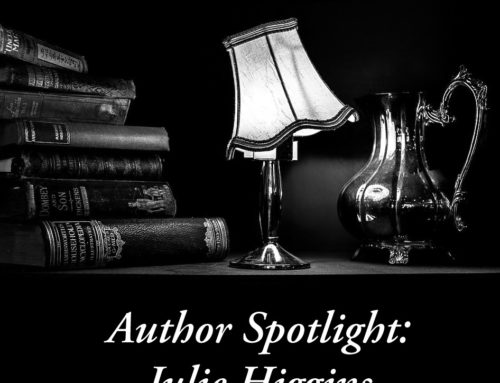

Leave A Comment